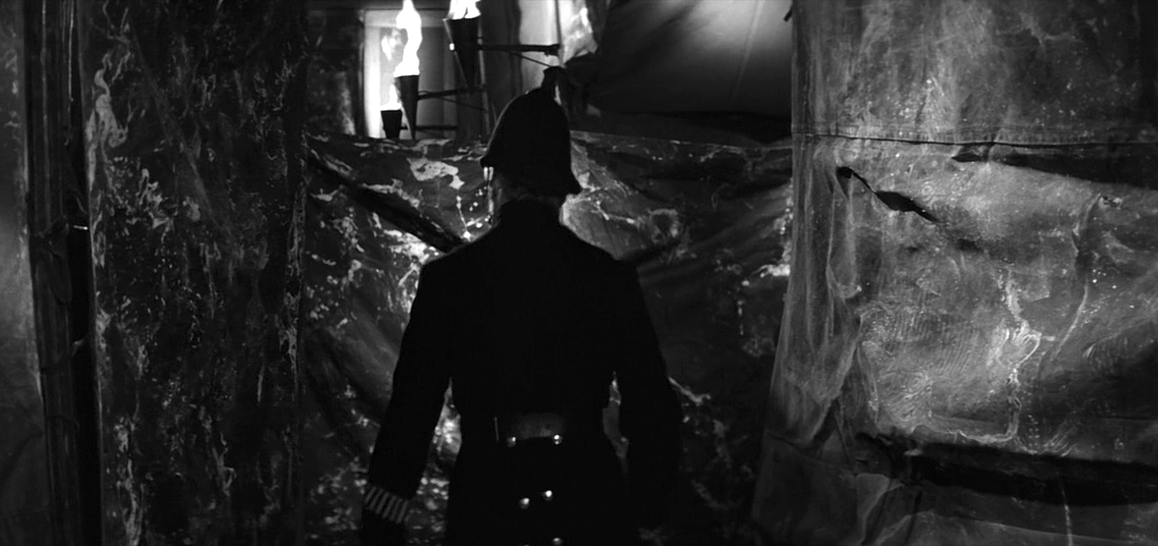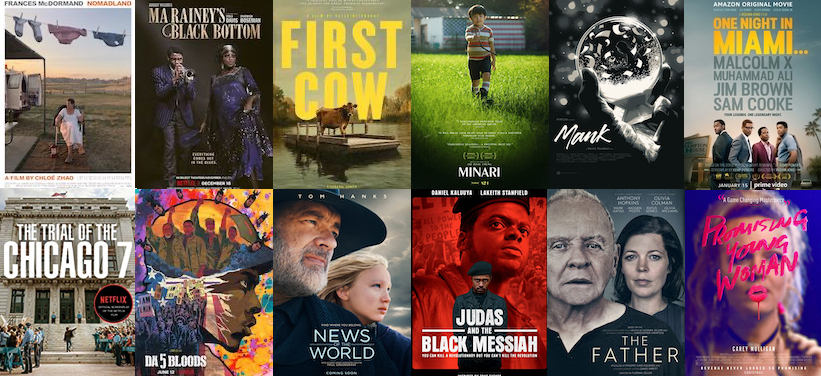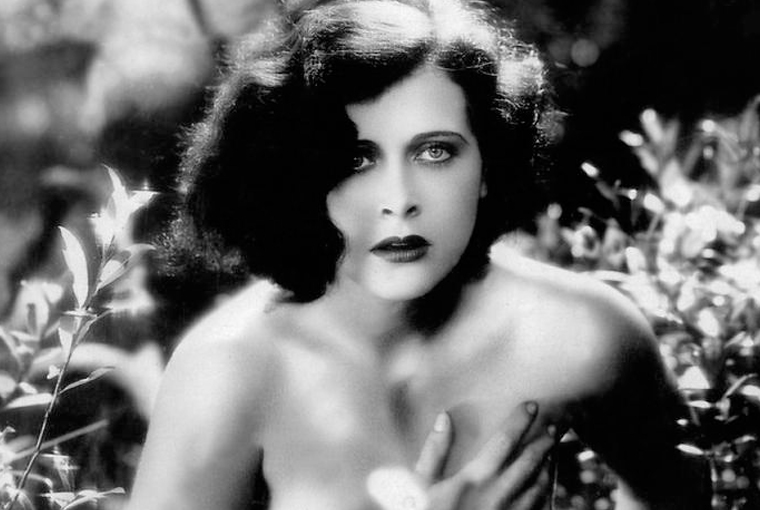The Furniture: The Elephant Man and an Interior City
 Wednesday, January 20, 2021 at 7:16PM
Wednesday, January 20, 2021 at 7:16PM "The Furniture," by Daniel Walber. (Click on the images for magnified detail)
There’s an image from The Elephant Man I can’t get out of my head.
Well, there are a few. David Lynch and Freddie Francis didn’t exactly slouch here. But there’s one moment, quite early on, that struck me with its oddness. Dr. Treves (Anthony Hopkins) has snuck into the legally-tenuous circus of Mr. Bytes (Freddie Jones), just as the police are about to shut him down. The deeper one ventures, the strange the surroundings look. Here we see a cop navigating this temporary labyrinth of light and shadow...







